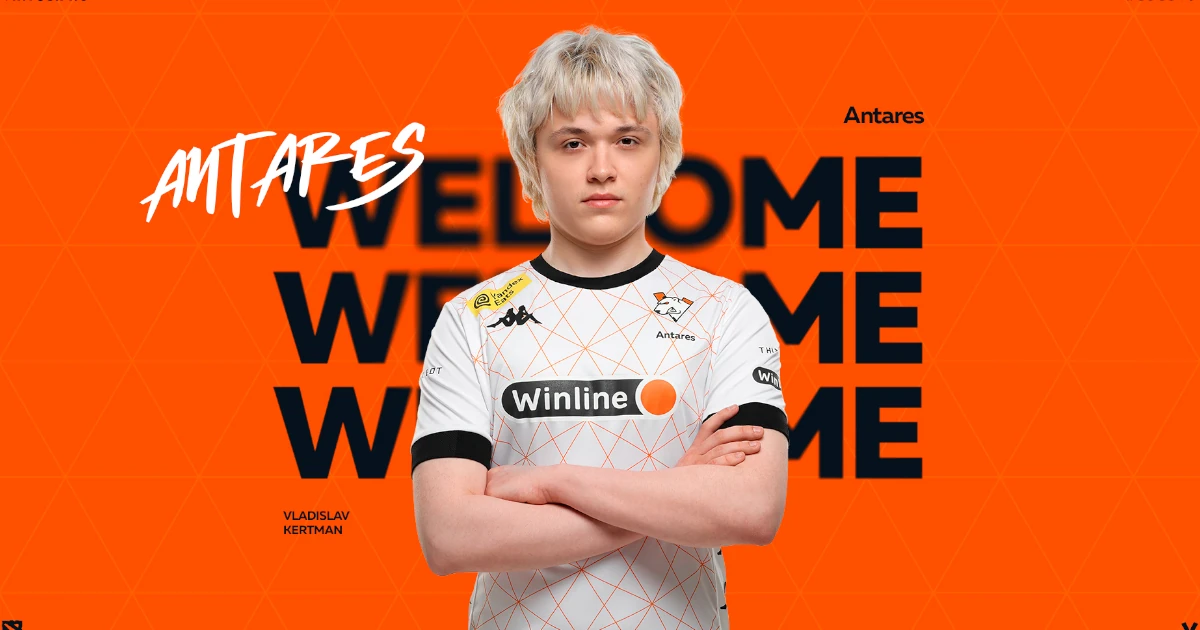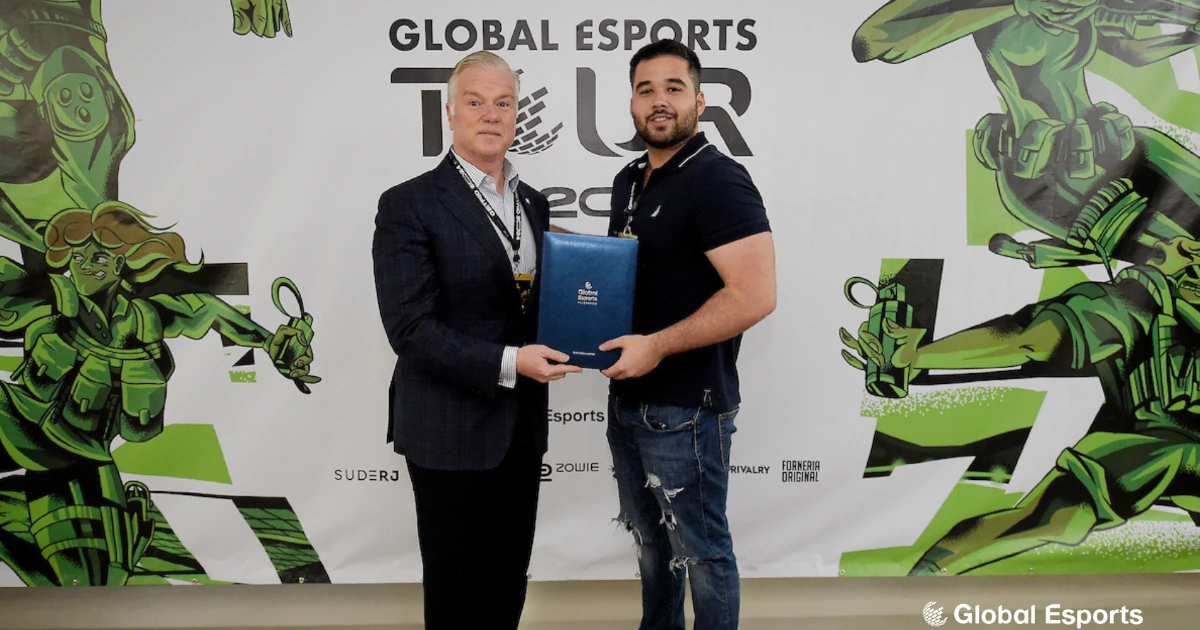- Мodern skill-based matchmaking is designed to maximize “perfect match scenarios”
- According to the dev, randomness is good but modern SBMMs remove that
- He thinks this is discriminatory towards high-level players as it’s “forcing long wait times on them”
Most modern FPS titles have some kind of rating system to match players based on their individual skills, but former Halo dev Max Hoberman said it is often not implemented in the way it should be.
Hoberman Criticizes Modern Matchmaking
Skill-based matchmaking, or SBMM, is a crucial part of many modern games as it regulates and separates players in an attempt to match them against equally skilled opponents. Although on the surface this might seem like a good idea, as it should balance individual matches, there are still many debates as to how much or little developers should factor player skill into who you’re permitted to play against in multiplayer.
Sometimes even professionals chime into the discussion and such is the case with former Halo 2 and 3 UX design lead Max Hoberman. Recently, the game dev reacted to a GamesRadar article that talks about SBMM and how it’s a good thing overall for a community. However, Hoberman thinks that SBMM has a few negative sides, the chief among being that it has not been implemented well by many modern game developers.
“The failure of modern skill-based matchmaking, imho, is that it’s designed to maximize these perfect match scenarios and minimize the others,” he said. “When it’s working, a majority of games become super tight, super stressful. That’s not fun for most players. Where’s the variability?”
How Halo 2 and 3’s Matchmaking System Worked
Hoberman explained that Halo 2 and 3’s matchmaking systems were designed to have a “healthy mix” in games, which would mean a lot more variety in skills, and therefore a wider margin of outcomes of different matches. “Sure, it sucks watching your favorite team get their butt kicked. But it comes full circle when they’re the ones kicking butt. Throw in tight, evenly matched games every so often, and that’s a ton of fun,” Hoberman explained.
The former Bungie employee also pointed out that SBMM for unranked games specifically should be a lot looser and more casual to give more variety. “We also didn’t track skill/level globally, only per-playlist. The net result was that Unranked matchmaking allowed a very wide range of skill levels to match together for what everyone agreed was casual, inconsequential fun. Again, that’s the way it should be, in my opinion.”
A final point the former Halo developer concentrated on is that what many modern FPS games’ SBMMs do is similar to “segregation” which needlessly fragments the player base. “Segregating high skill players from the population at large, forcing long wait times on them, is a form of discrimination. Designers should strive to find a way that players of all skill levels can have fun together. Casual, inconsequential Unranked matchmaking is one way,” Hoberman explained.
Ultimately, how SBMM is handled is down to the individual studio creating the game. The actual system of how matches are being set up is often obfuscated and ultimately, there is no pleasing everybody all the time in every game. In the end, developers have to choose between fairness by way of skill ratings and fairness via an amorphous illusion of randomness. The balance between the two can be quite difficult to achieve.






















